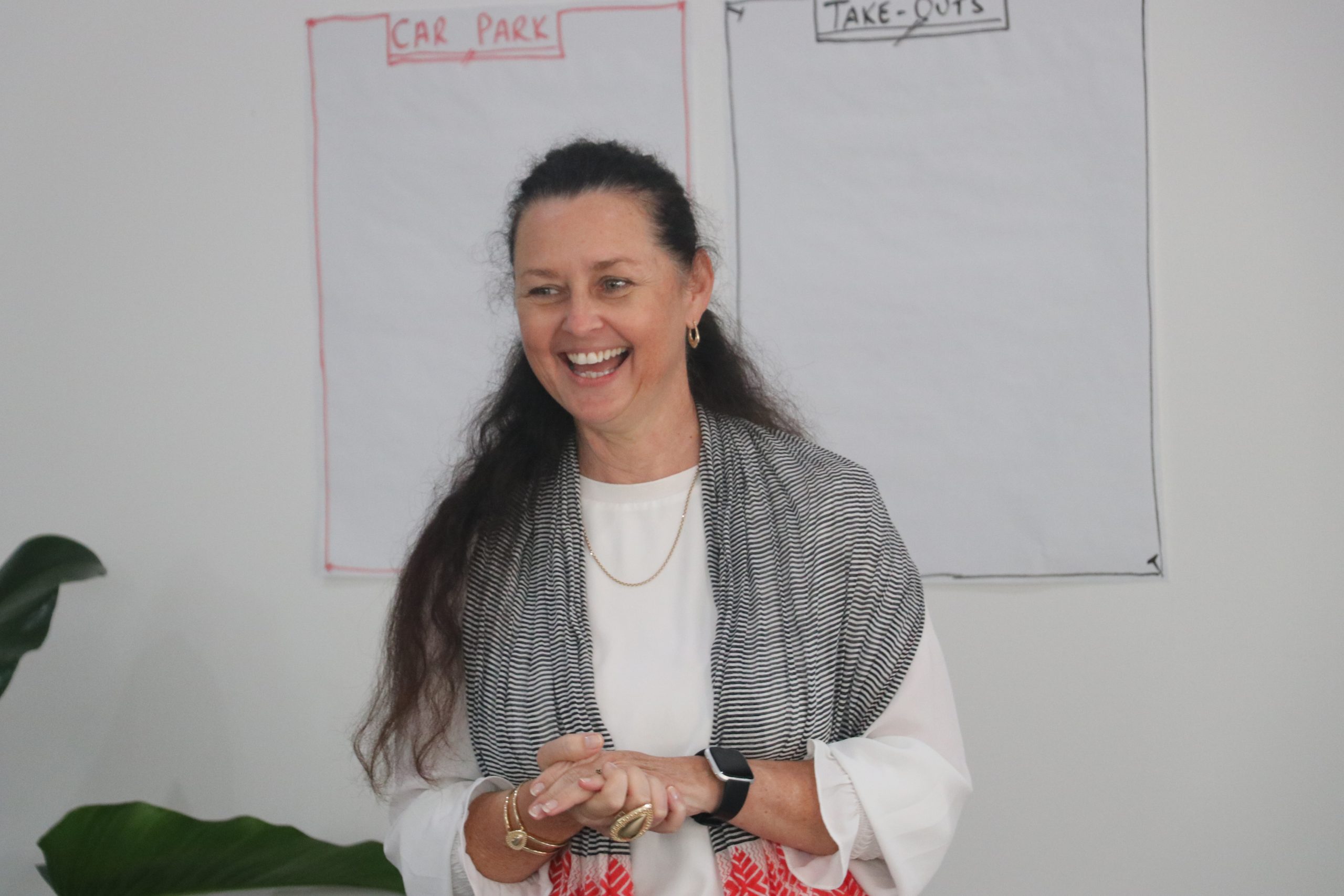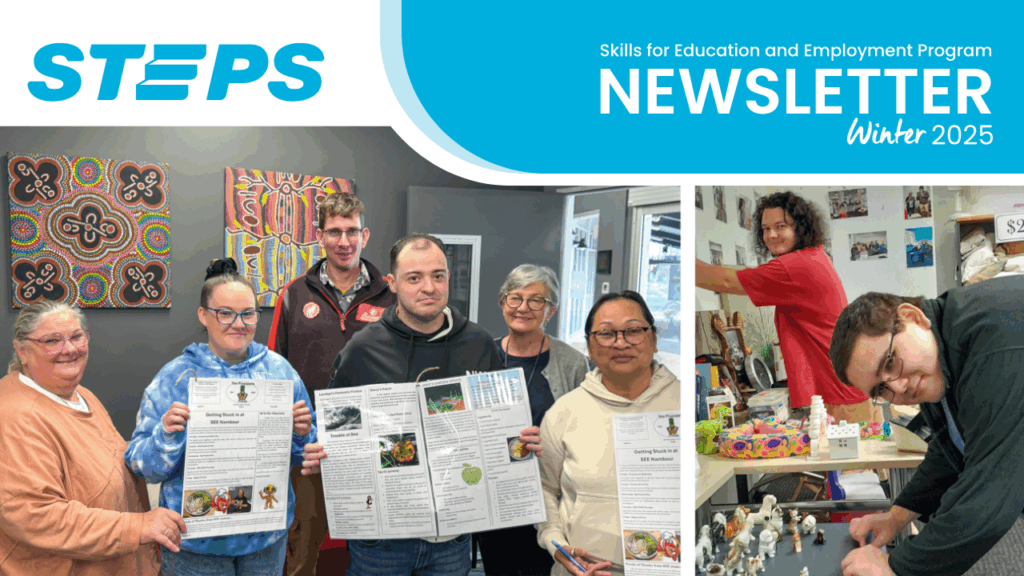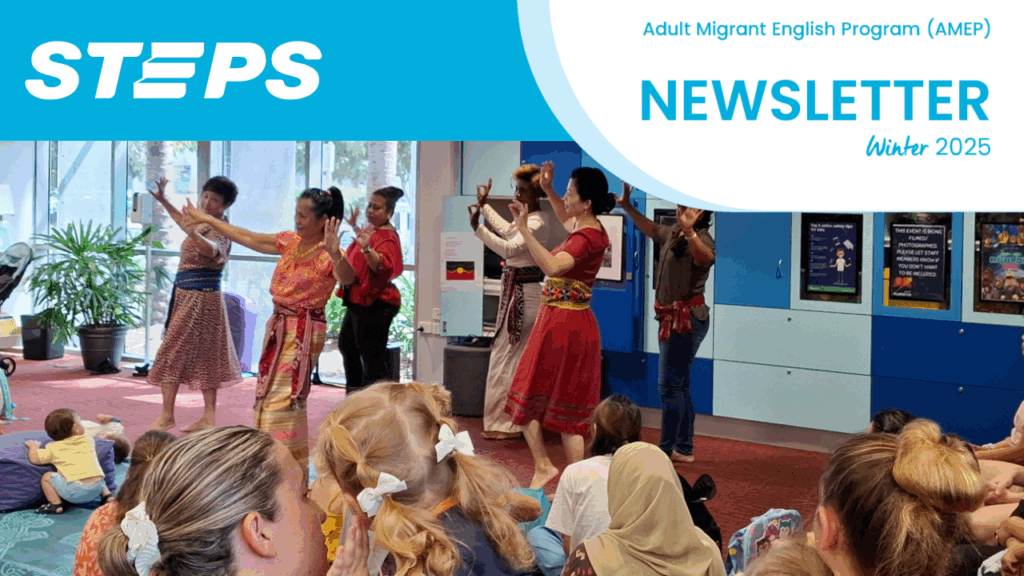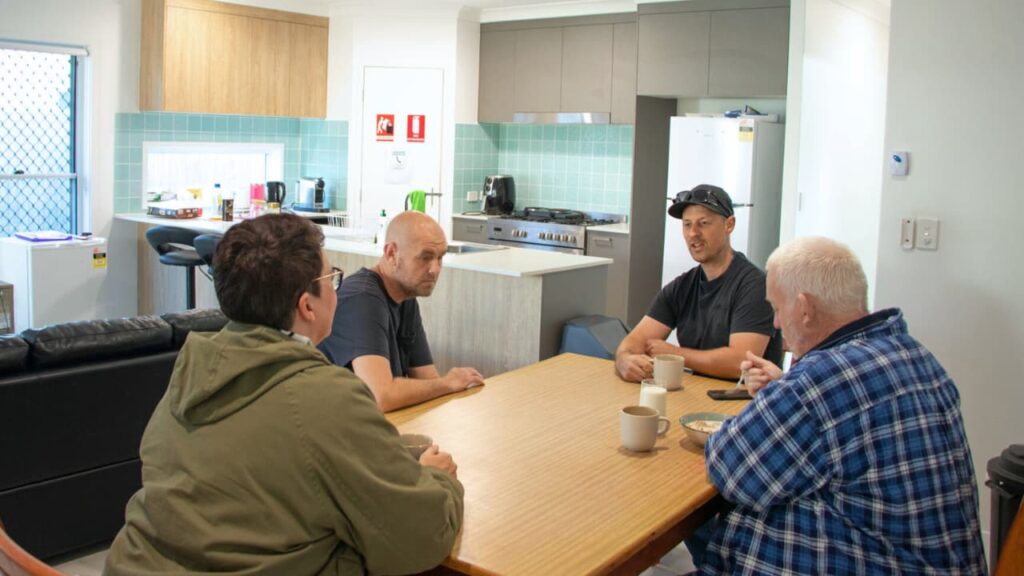Kerry Staines, CEO of STEPS Group Australia, is a proud descendant of the Mandandanji peoples.
While Kerry’s activism and immense passion for Indigenous rights and understanding is well known amongst the community now, Kerry’s heritage almost went undiscovered.
Growing up, Kerry had never looked very far into her own family history, with relatives rarely choosing to discuss the past.
“I actually had an older cousin who brought my heritage to my attention for the first time and, when we discussed it, I was so fascinated by it from that point forward,” Kerry said.
Kerry’s drive to uncover her roots was further ignited by a chance encounter, which she has referred to as “fateful”.
“When I was 19, I was actually sitting outside and two Aboriginal ladies came up to me and we started to discuss looking into my ancestry and my responsibility to do so,” Kerry said.
“This really stirred me and drove me to start formally looking into my family history.”
Kerry visited an elder from the Mandandanji people, where she was invited to put a family lineage together to present for recognition.
“I was lucky enough that my cousin had begun to find some of the background knowledge already and we were able to start the process of finding all the photos and documents about our ancestry,” Kerry said.
Kerry adds that the process was difficult. Many pieces of information were missing and some cemetery records about her family had even been burnt.
However, with great support from dedicated friends and family, Kerry was able to compile the appropriate documents and begin the official process of having her heritage recognised.
“I was able to go back with all the photos and documents that I had collected and went back to show to the Mandandanji and they were able to recognise my family and say ‘yes, you’re one of our people’,” Kerry said.
“While I was there, I got to meet some family members – family that I had never met before.”
Discovering her heritage also allowed Kerry to find a long-lost family member, with Kerry now able to identify her great-great grandmother, Esther, in a previously unmarked burial site.
“With my grandmother’s grandmother, it was hard to find out what happened, but we eventually discovered that she was in one of the unmarked cemetery plots in Toowoomba,” Kerry said.
Kerry added that finding and honouring Esther helped her find a “small piece of closure” regarding her heritage and family.
“Since I met those two women when I was 19, there was a strong ancestral connection and drive that did not leave me until I had found Esther.”
Kerry hopes that Indigenous knowledge becomes more appreciated by all Australians, so that important culture, traditions, and customs are understood for generations to come.
“There are a lot of great things that I really think everyone could pick up on,” Kerry said.
“The sense of helping one another and the community far exceeds what is often depicted.”
Kerry highlights that this exemplary caring nature is a huge driver in her own work as the CEO of STEPS Group Australia, an organisation which has been striving for disability rights and inclusion in all spaces since 1989.
“In Indigenous culture, we don’t actually have a word for disability, it’s just about how you can help another person if they’re struggling with something,” Kerry said.
“That’s really a different approach to what we see in some other cultures. It’s about knowing what’s going on with everyone else around you and making room for them no matter what.”
“I’m excited to be working with STEPS. They’re passionate about community inclusion and there are great parallels between the Indigenous community and what STEPS want to achieve in our community.”
Kerry concluded by adding her hopes that NAIDOC week is a time where everyone can come together and begin seeing the beauty in different cultures and heritage.
“I think sometimes it’s the small things that make the biggest difference,” Kerry said.
“Though this journey I have met some of the most beautiful people, and these are traditions worth getting to know.”







